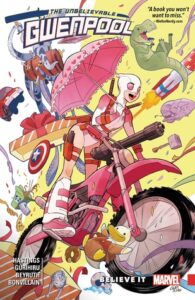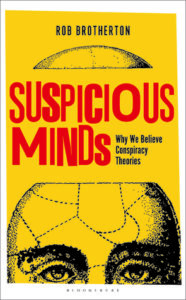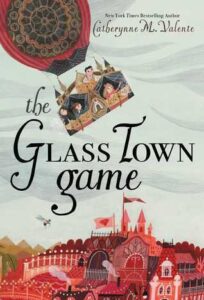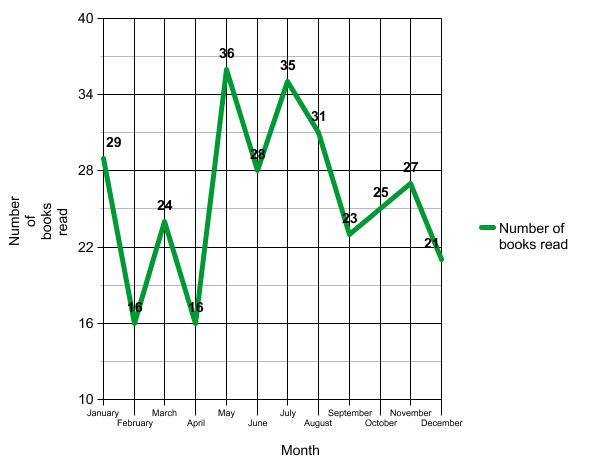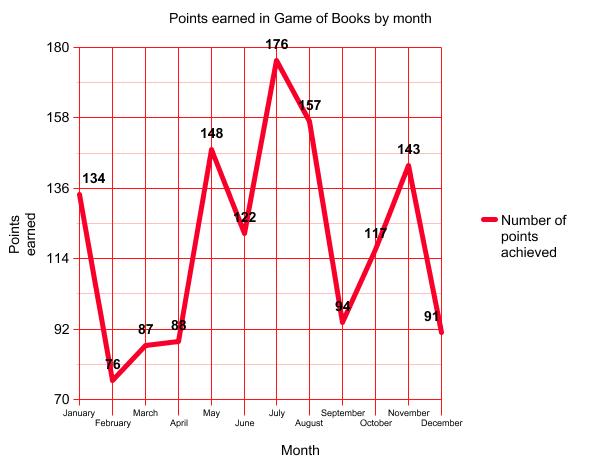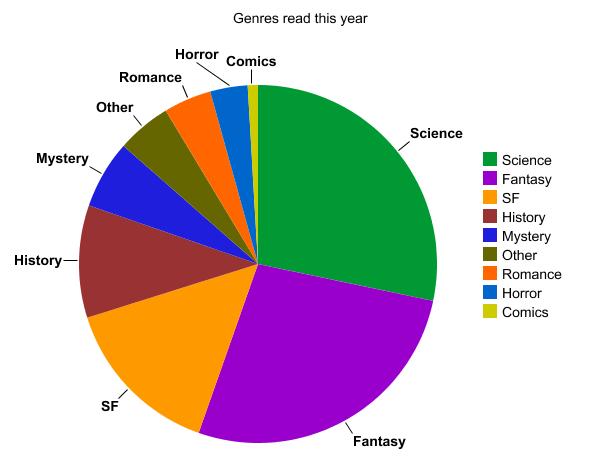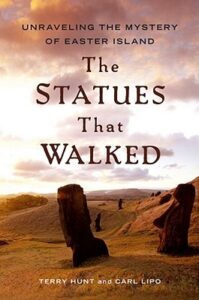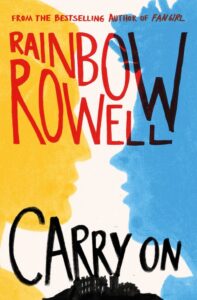 Carry On, Rainbow Rowell
Carry On, Rainbow Rowell
When I was feeling a bit rough, Carry On felt like an excellent choice for some light reading. It’s all the joy of fanfic — willing characters to get together, enjoying the riffs on the canon (in this case, Harry Potter), enjoying the commentary on the genre — with the inventiveness of original fiction as well; it’s not a copy of Harry Potter, and there are some rather clever things going on with the language, the relationships, the inner thoughts of some of the characters. Agatha is a great commentary on the Chosen One’s destined girlfriend; she opts out and goes away and we’re rather glad for her, without that icky feeling prominent in a certain subset of fanfic where the gay couple are glorified above all else and the straight love interest is vilified just for existing. Agatha has a point.
Penelope is great fun, too; she’s like a combination of the best bits of both Ron and Hermione, with more of a sense of humour than either.
And Baz. I never got what people saw in Draco Malfoy as a character, but Baz is great — his ambivalence about Simon, his difficulties in coming to terms with the way things actually are (because of course, he doesn’t fit the traditional story any more than Agatha or Simon do). It’s like the characters are all framed by this traditional hero’s journey narrative, and they rebel and burst out of it in all directions while the adults around them try to keep things on course (especially the Mage, but also Baz’s father and aunt, to some extent).
There’s little of the pure evil type of thing going on here, no Voldemort who can be unequivocally hated. Everyone means well. There are blinded revolutionaries and turn-a-blind-eye aristocracy, and if they could only meet in the middle things would be better, but it’s not about fundamentally bad people, a fundamentally wrong cause.
Simon and Baz together is just… it’s very much of a piece with Harry/Draco fanfic (which I never read, but was aware of), but it makes the two characters really fit, and their relationship seem inevitable.
So yes. I enjoyed it. Again.

